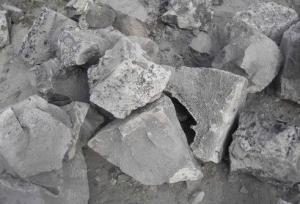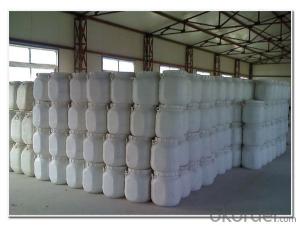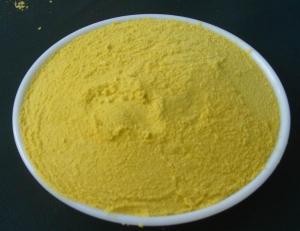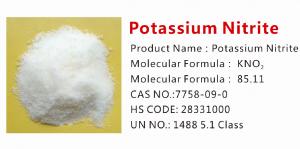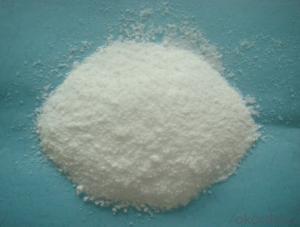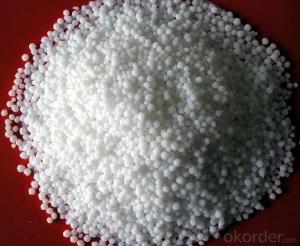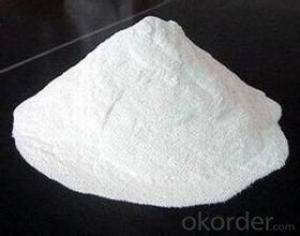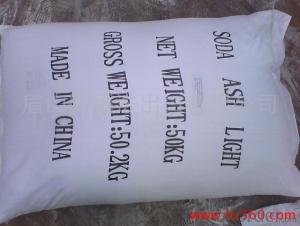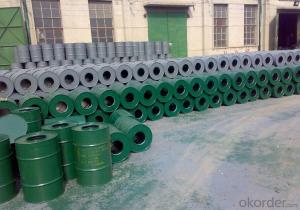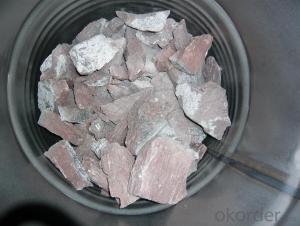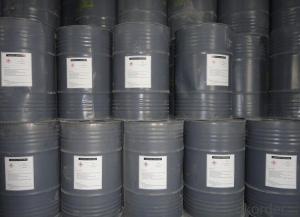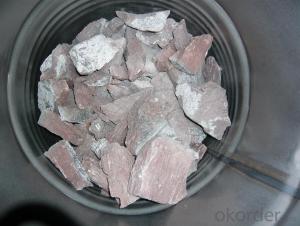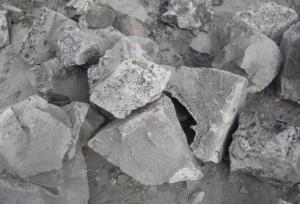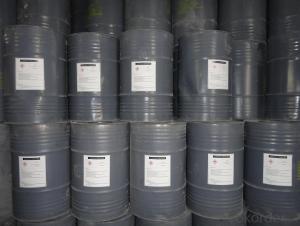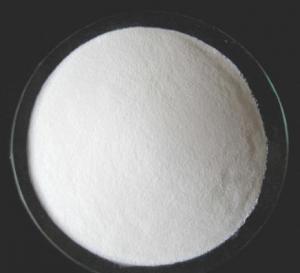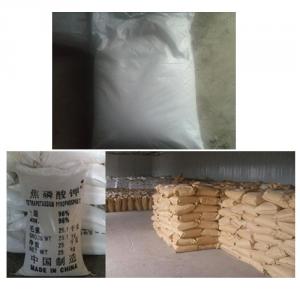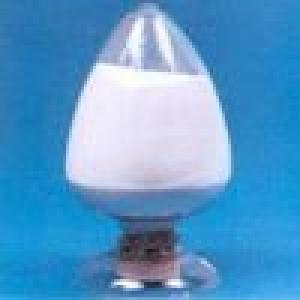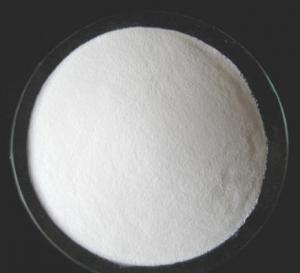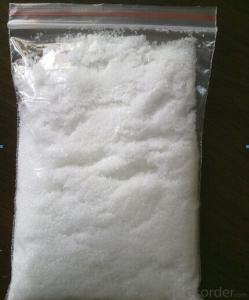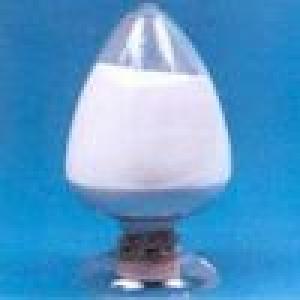SGS TEST Calcium Carbide with lower price
- Loading Port:
- Tianjin
- Payment Terms:
- TT OR LC
- Min Order Qty:
- 22.5
- Supply Capability:
- 1000 m.t./month
OKorder Service Pledge
OKorder Financial Service
You Might Also Like
This product is lumpy substance, its surface is a little deep gray, has slight nasty smell. It can produce acetylene gas when met water, it can burn when meets fire. The acetylene gas mix with air will form explosive gas (explosive range of acetylene gas in the air is 2.3% - 81%).
Technical specifications and features | ||
1. Name | Calcium Carbide | |
2. Molecular formula | CaC2 | |
3. UN | 1402 | |
4. Class | 4.3 | |
5. HS code | 28491000 | |
6. Gas yield20 101.3 Kpa | ≥295L/KG | |
7. PH3(V/V) | ≤0.08% | |
8. H2S(V/V) | ≤0.1% | |
9.Molecular weight | 64.10 (according to 1995 international relative atomic mass) | |
10. SIZE | 4-7,7-15,15-25,25-50,50-80,80-120MM | |
11. Packing | 50kg or 100kg iron drum | |
Cautions during transportion:
The packing must be kept in good condition and the goods should be stored in a dry,cool and ventilated place.It should be separate from the cargo can burn and acid.It should avoid meeting water and moisture.It should give off the acetylene in iron drum before storing in warehouse. Rolling drums,heavy putting down and colliding are not allowed to avoid the spark leads to explosion.
- Q: How does inorganic salts maintain osmotic pressure and pH
- Osmotic pressure to the concentration of inorganic salts affect the distribution of water molecules inside and outside the cell ~ to adjust the osmotic pressure, when the extracellular fluid concentration is greater than the intracellular fluid when the performance of water loss, otherwise the water.
- Q: I'm said that with the increase of temperature the inorganic salts will decrease. Will that be correct?
- IIRC, it depends on the salt.
- Q: Are plants absorbing water and inorganic salts only through root tip or wrong? The
- This is wrong.
- Q: Why can quaternary ammonium salts catalyze the heterogeneous reaction between water-soluble inorganic salts and organic compounds
- Quaternary ammonium salts have the characteristics of surfactants, with the water phase of the nucleophile in the composition of the ion pair, into the organic phase, thereby promoting the heterogeneous reaction faster 6224
- Q: How much of the body's inorganic salts account for the weight of the body?
- The inorganic salts in the human body account for about 5%
- Q: Cells in the water, inorganic salts, protein, lipid, carbohydrate and nucleic acid six words how wrong this sentence
- Wrong in the compound
- Q: Seaweed, kelp, shrimp and other seafood, the content is more of the kind of inorganic salts
- Inorganic salts in the human body is very small, but the role is very large, if the lack of suffering from the corresponding diseases, such as iodine deficiency susceptible to big neck disease, kelp, seaweed and shrimp and other seafood iodine is rich; More calcium; spinach rich in iron; nuts, liver and other zinc more.
- Q: Is calcium carbide inactive?
- Calcium carbide, the chemical formula for the CaC2, not inorganic salts. Salt refers to the metal ions and acid ions of the compound, calcium carbide does not have the corresponding acid.
- Q: How to extract inorganic salts in soil?
- Find a piece of mud, with water, filter out the permeate, filter with filter paper. The liquid was placed in a beaker and dried to obtain white crystals
- Q: People lack the inorganic salt will be what disease
- iodine deficiency can lead to illness, children and adult goiter, hyperthyroidism and so on.
Send your message to us
SGS TEST Calcium Carbide with lower price
- Loading Port:
- Tianjin
- Payment Terms:
- TT OR LC
- Min Order Qty:
- 22.5
- Supply Capability:
- 1000 m.t./month
OKorder Service Pledge
OKorder Financial Service
Similar products
Hot products
Hot Searches
Related keywords
